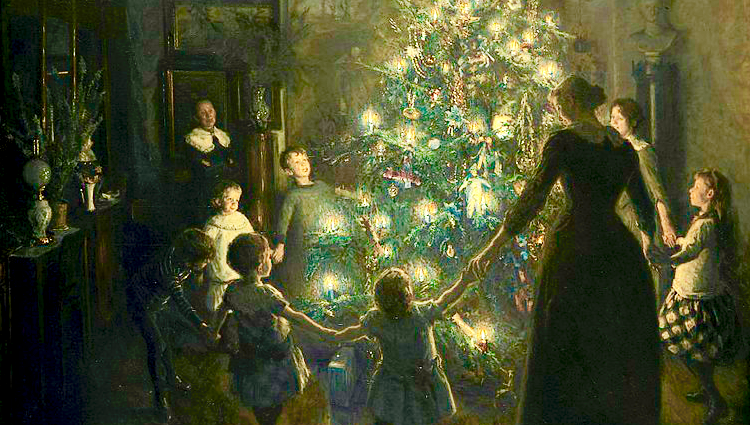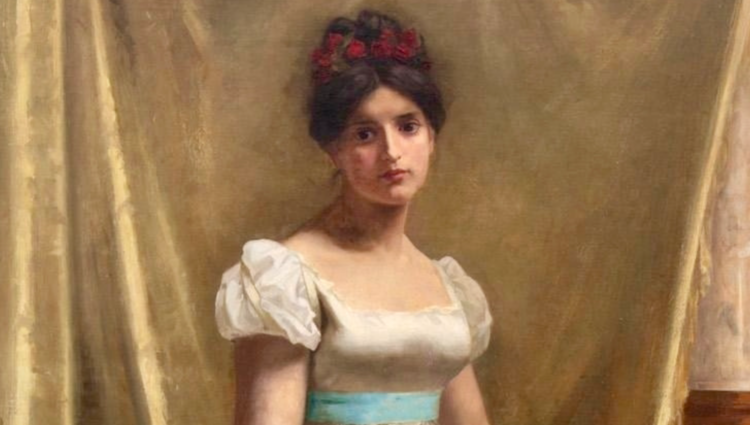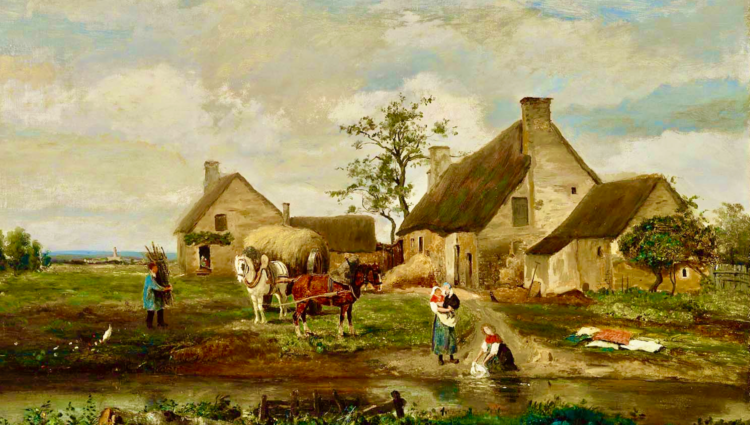About T.S. Eliot
Thomas Stearns Eliot (1888–1965) was an essayist, publisher, playwright, literary and social critic, and "one of the twentieth century's major poets." Born in St. Louis, Missouri, in the United States, he moved to the United Kingdom in 1914 and was naturalized as a British subject in 1927. Eliot wrote some of the best-known poems in the English language, including The Waste Land (1922), "The Hollow Men" (1925), "Ash Wednesday" (1930), and Four Quartets (1943). He was also known for his seven plays, particularly Murder in the Cathedral (1935) and The Cocktail Party (1949). He was awarded the Nobel Prize in Literature in 1948, "for his outstanding, pioneer contribution to present-day poetry."




